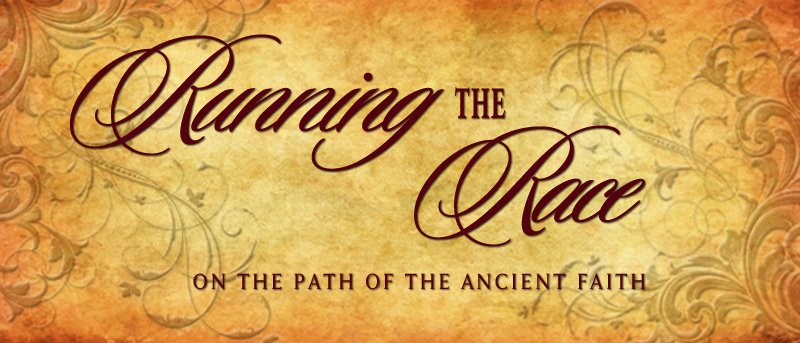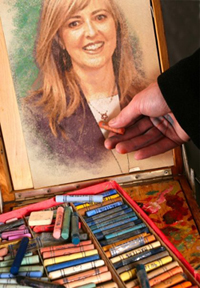Dancing in limbo
 Saturday, February 28, 2009 at 2:25PM
Saturday, February 28, 2009 at 2:25PM I just finished reading a book called, Dancing In Limbo. It’s written by two female cancer survivors for people who have finished cancer treatment and are left to deal with the unanticipated emotional fallout. I highlighted the heck out of the book because there was so much in it that I could relate to.
Cancer survivors are often caught off guard when they finish treatment because everyone expects them to be happy that it’s over and they can now “get on with life.” However, it’s common for survivors to experience a sort of “post-traumatic stress” reaction. Now that they are no longer doing something proactive about the cancer, fear of recurrence sets in. The grief that one normally experiences with this type of thing has been postponed in order to psychologically gear up for getting through treatment. Once it’s done, the grief, realization of what has been lost, and depression set in.
What is limbo? According to the author, “We enter limbo when we are diagnosed, but in our shock and terror, we don’t notice. There are too many other things on our minds. Diagnosis and treatment are so overwhelming, they demand our full attention. During treatment, there is an elegant economy to our thoughts. There is no reason to worry about the future. We may not have one.”
She goes on to say, “When treatment is complete and successful, then all we can do is wait. Now we can afford to worry. We want to count ourselves among the lucky, but we can’t be sure. The nagging uncertainty puts a damper on our joy. We try to pick up our lives and go on, as if nothing has really changed, but that doesn’t work either.”
With the diagnosis of cancer, most patients feel terror (I sure did). I spent the first two weeks after my diagnosis staring into space like a deer caught in the headlights, crying and fearful of what was ahead of me. One of the most UN-helpful remarks came from my Group Health doctor the day after diagnosis. I’m sure she was trying to be helpful, but she was just the opposite. She said, “You have a year of profound fatigue ahead of you.”
Well, the net effect was to make me feel like slitting my wrists. Who wants to move forward with a year ahead like that? As it turned out, I have NOT experienced profound fatigue at all. Some fatigue, yes; profound fatigue, no. If I have an opportunity, I would like to tell her how much that remark took the wind out of my sails—rather, capsized my boat and left me drowning. But I don’t plan to go back to see her again.
The author continues: “However, for many of us who have survived, that blind fear bordering on panic is quickly replaced with hope. Fear may break through at moments, but our dominant sense remains that of hope. We are confident that we can do whatever it takes to survive. We often possess a clarity and an odd calm. Despite the rigors of treatment, many cancer patients experience this “high.” Our defenses are working overtime, and they are doing a beautiful job.”
“The blind hope and single-minded purpose that carry us through the treatment phase also fool us and others. We seem to be in control, and what proves worse, we may actually believe that we are in control of our fate. The high of treatment is based on sheer determination and strong defenses, an intoxicating combination that cannot last.”
“During treatment, our focus is narrow and clear: obliterate the cancer. When the job is done, we lose our focus. As we resume our daily lives, we feel disoriented. Just when we expected to feel relieved, we don’t. The reversal of expected feeling states is the hallmark of survivor grief, as yet unrecognized by us. For the moment, we are lost in limbo.”
The authors describe the psychological defenses we use to get through traumatic events: denial, dissociation (“This can’t be happening to me”), displacement (worrying about everything other than your cancer—world problems, kids, work, etc.), and repression (“Just don’t think about it”).
Personally, I’ve experienced every one of the aforementioned defenses. And I’m here to say that they work quite well!
“Survivor grief is a paradox. It seems wrong to grieve when we have got what we wanted—another chance at life. Furthermore, the early high deceived us. Normal grief does not begin on a high. Furthermore, we are grieving major losses. Most obviously, we mourn lost body parts or functions. But survivors also grieve a deeper loss. Our most comforting illusions are gone. We are both mortal and vulnerable, and we know it beyond a doubt.”
One of the most apt descriptions in the book was about the change in our perception of life (and death) once we’ve been diagnosed: “As survivors, we have faced death, and once faced, it can no longer be completely denied. It is as if the denial of death were a magic spell. Once the spell is broken, it cannot be cast again. Any reminder of death, and there are many in everyday life, makes us realize what we have lost.”
To me, this was probably one of the most profound statements in the book. Since my diagnosis, I have often yearned to go back to my mentality before cancer—when I was able to believe that I would continue to old age, with death as a far-off thing and oblivious to the reality of life’s perils. I am surrounded by people—in my family, at church, and at work--who live in my old mentality. My new mentality separates me from them in a way I hadn’t anticipated. Perhaps that’s why cancer survivors band together—we are in another reality now.
Yet our brush with death also is a double-edged sword: it’s not all bad. We now have an acute awareness that life is really meaningful and precious and not to be wasted (something other than a merely intellectual acknowledgment)--REAL knowledge in our “gut.”
We live with a certain “death anxiety” that others may not have, but we find a way to “dance in limbo” in order to make the most of the life we have left.




Reader Comments